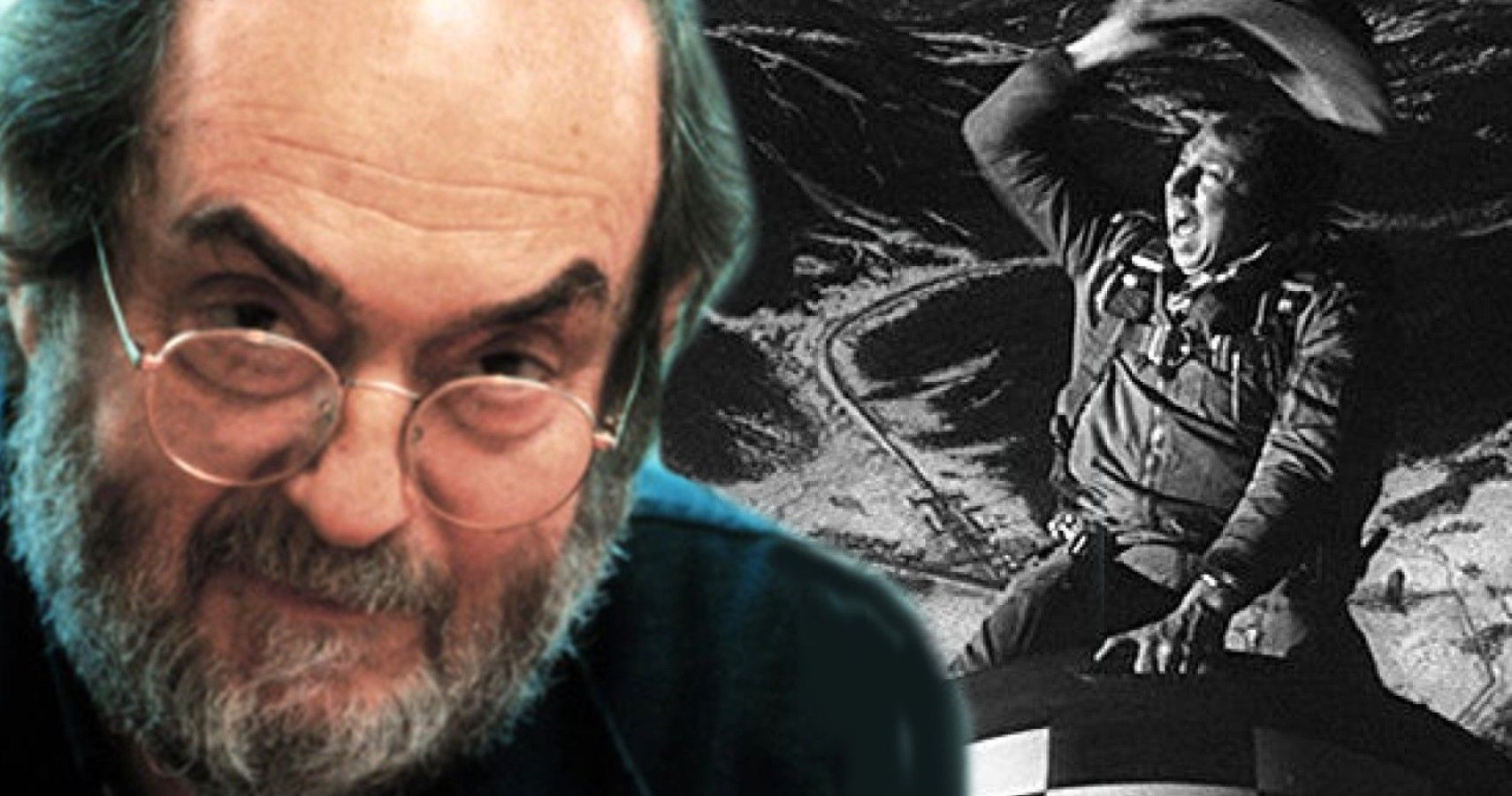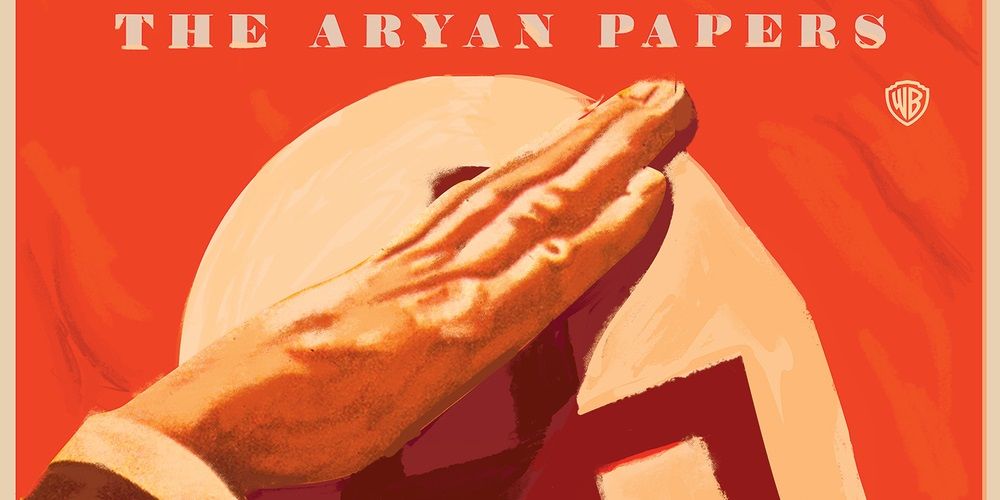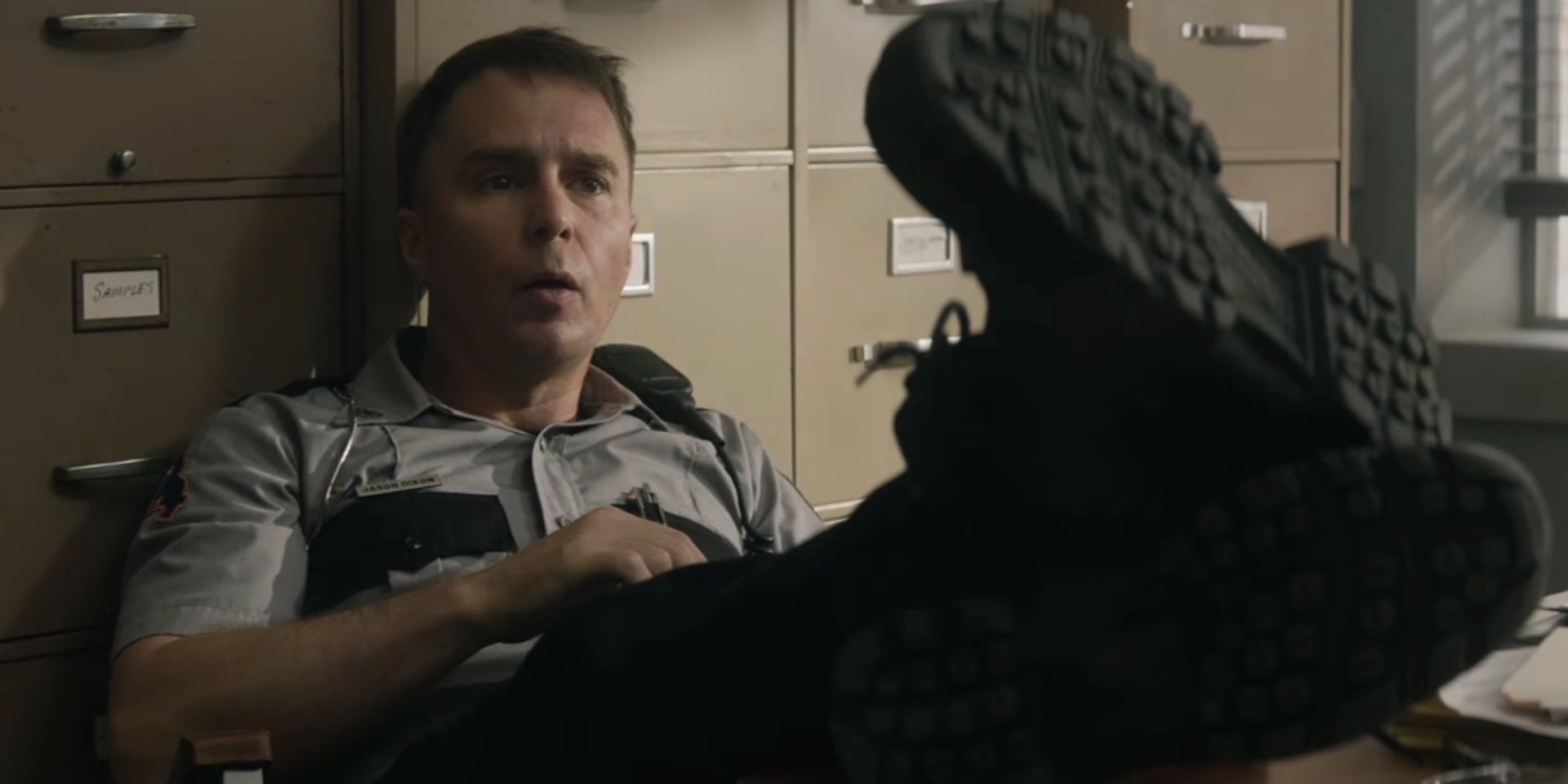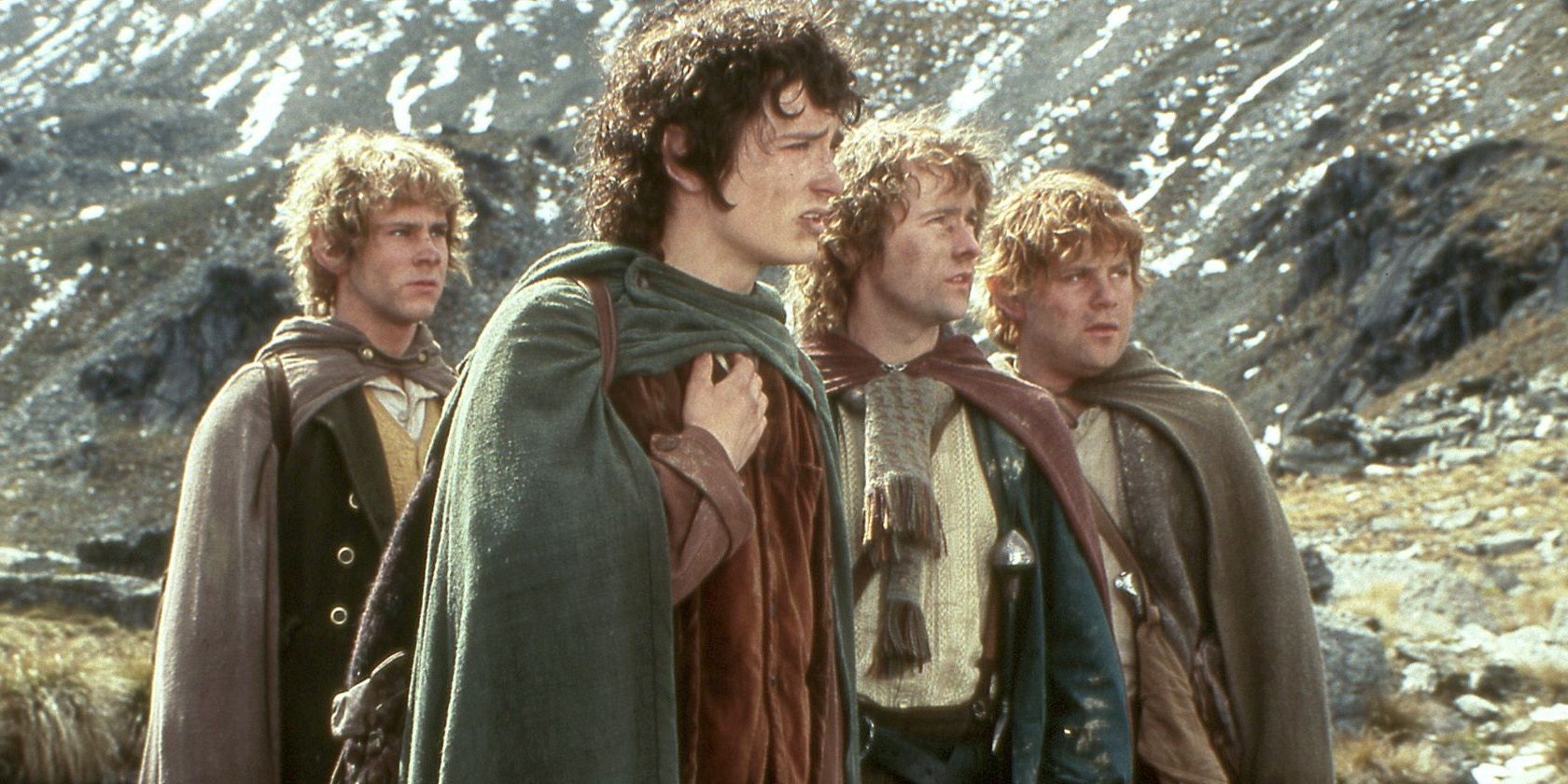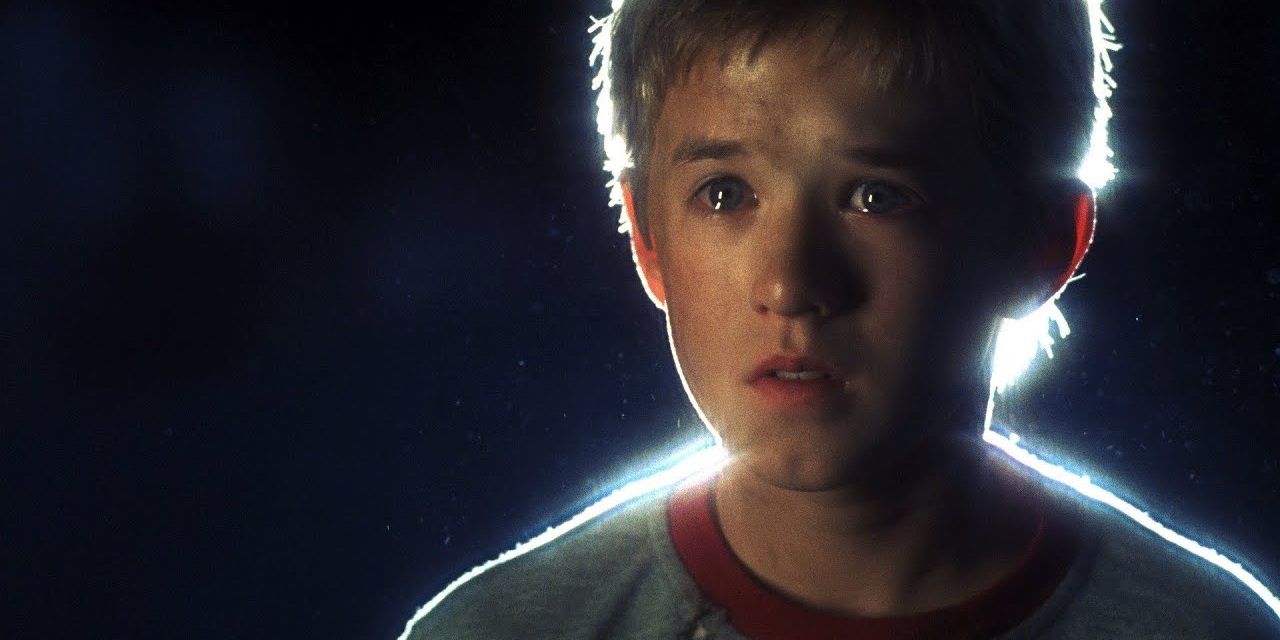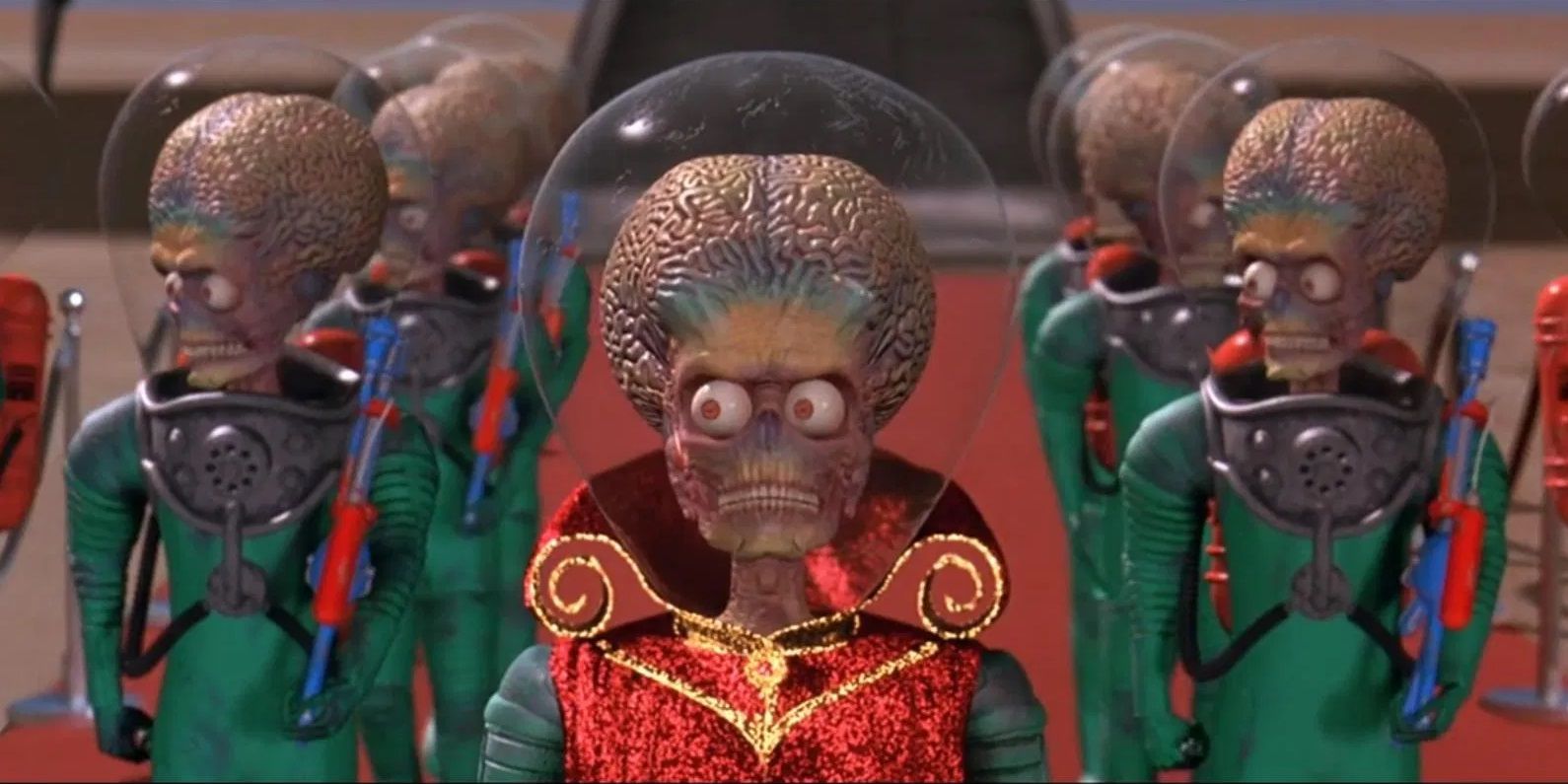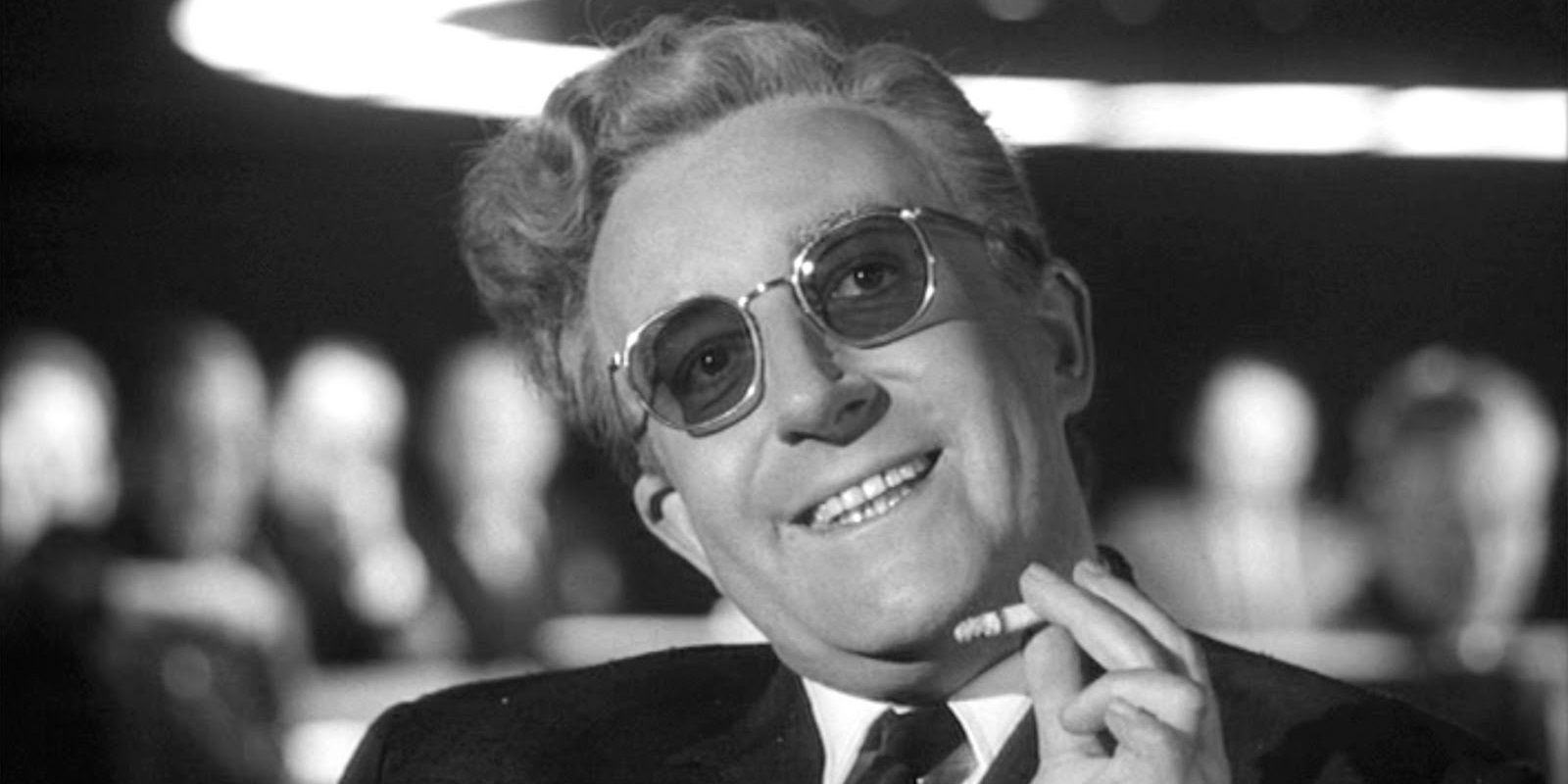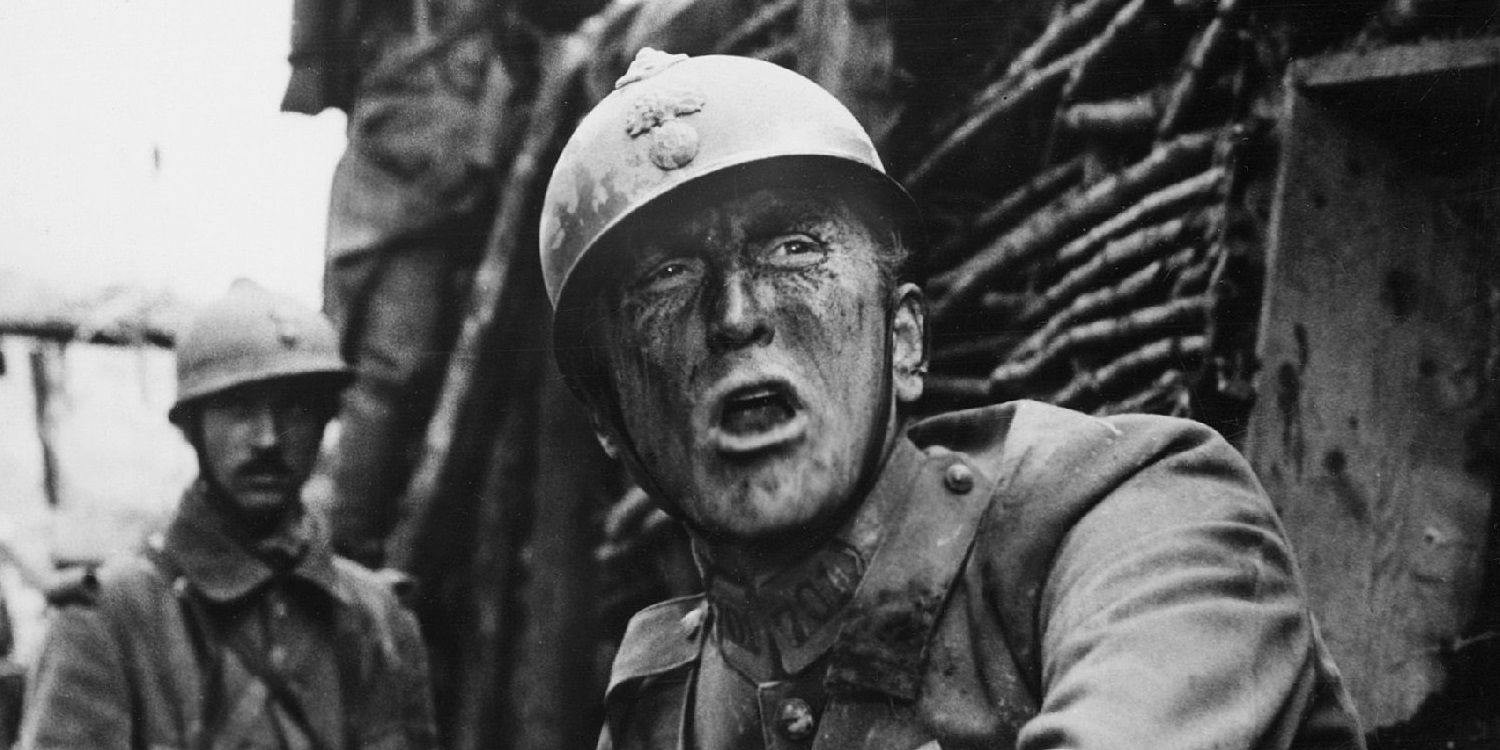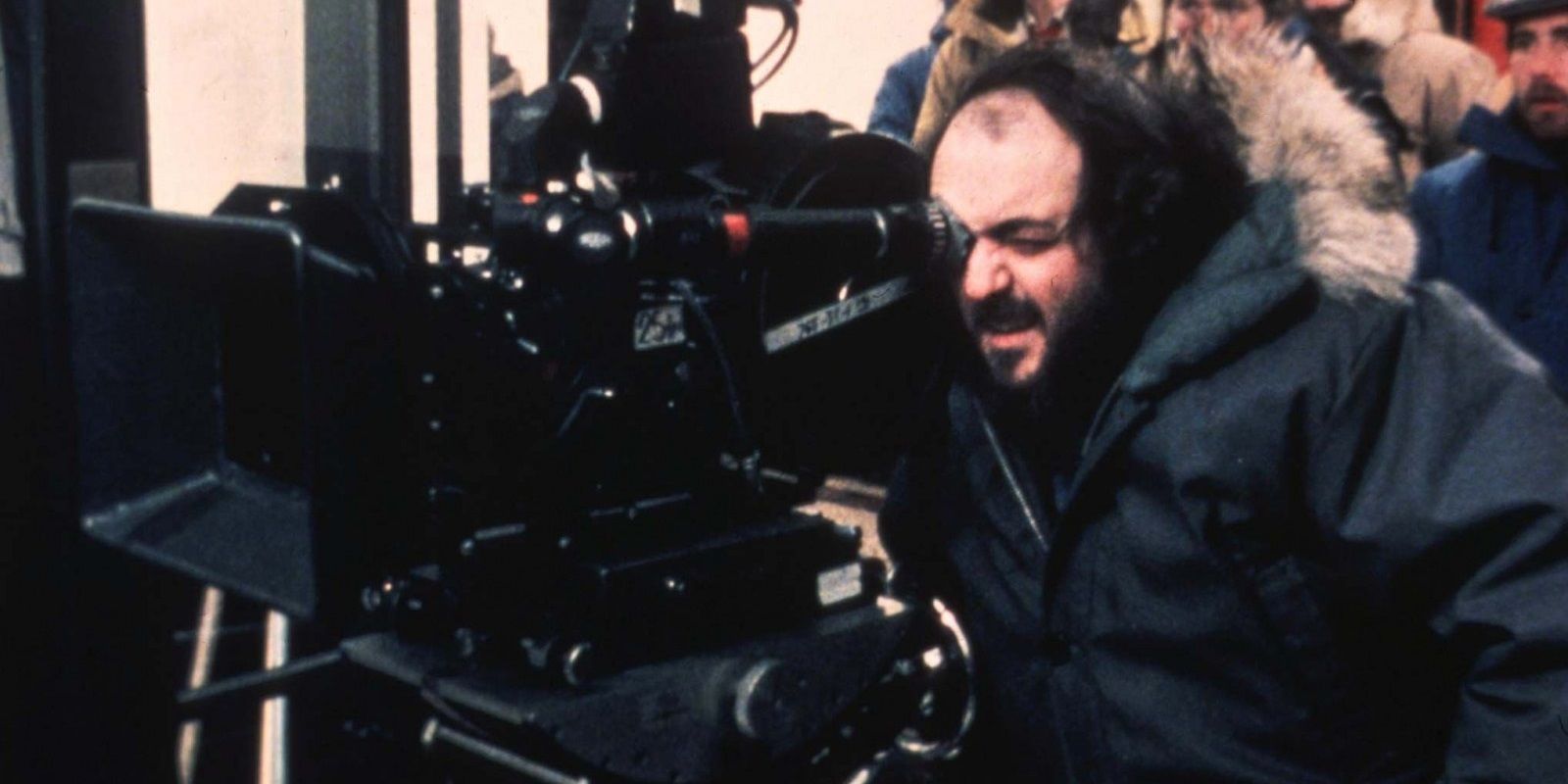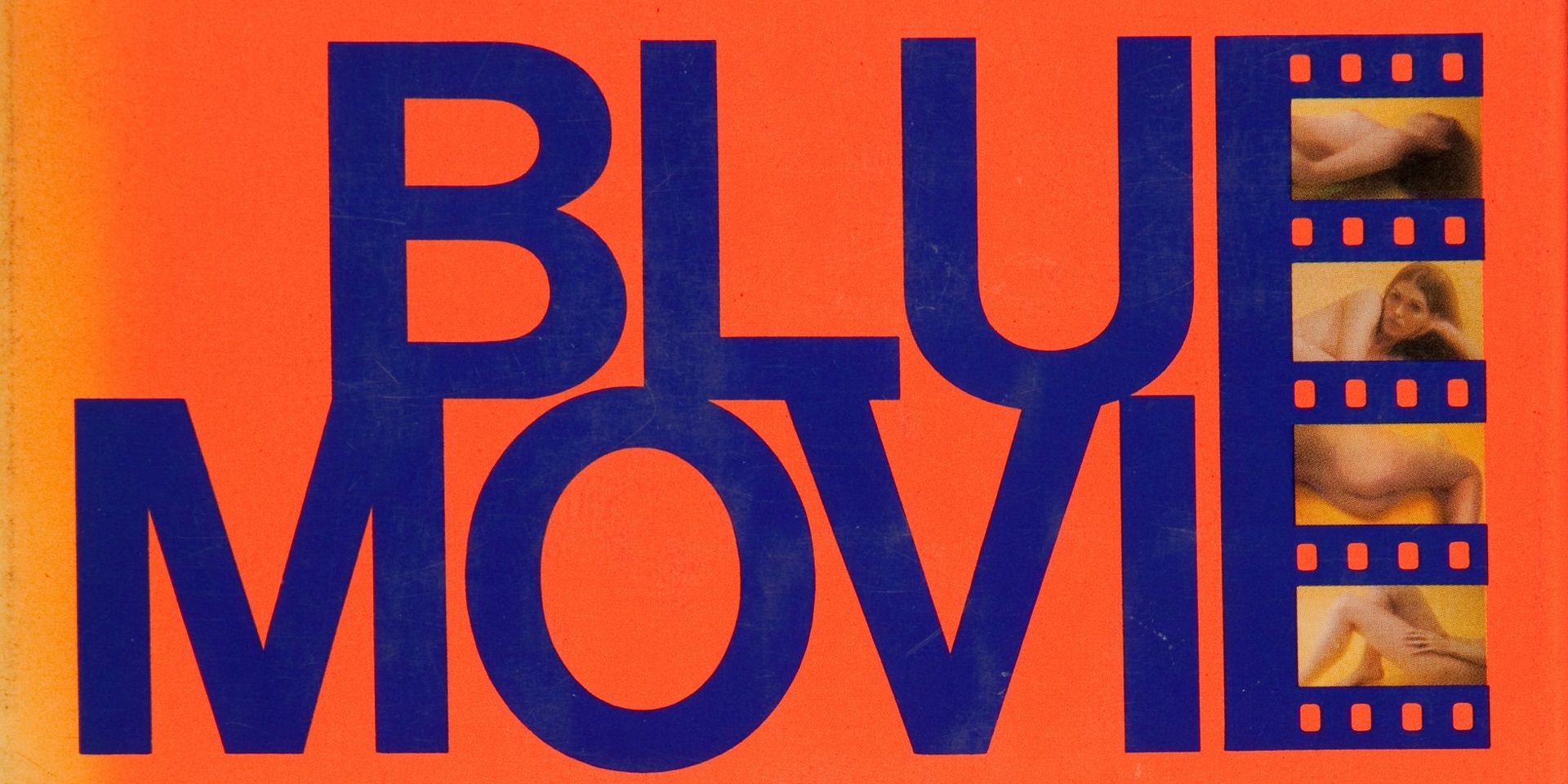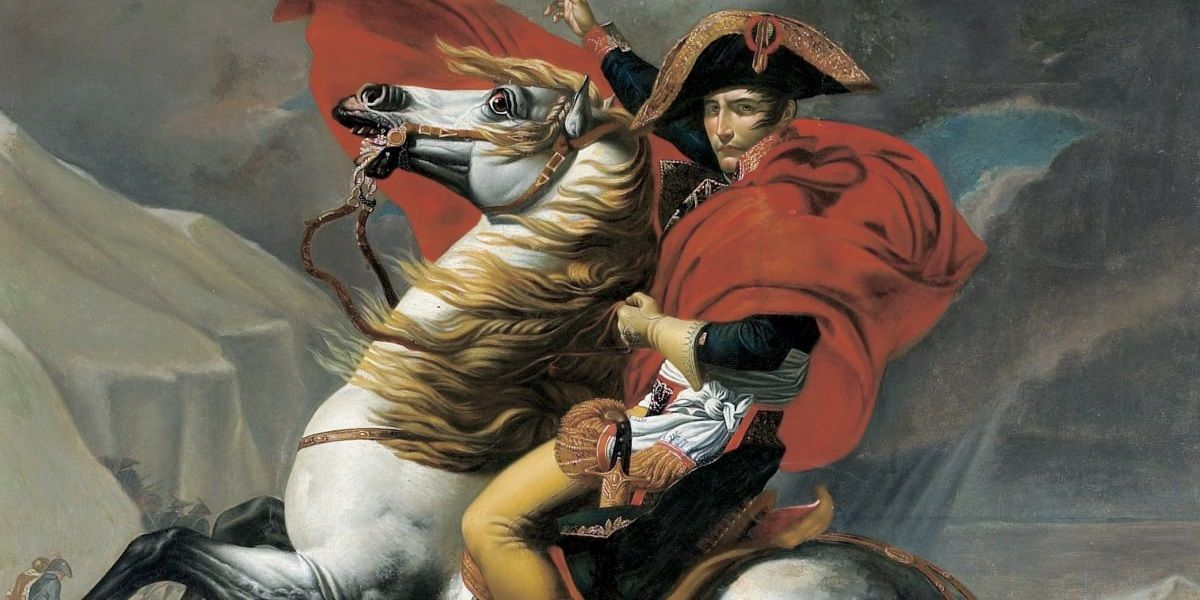Across his storied filmmaking career, Stanley Kubrick directed some of the greatest movies ever made. From 2001: A Space Odyssey to A Clockwork Orange to Paths of Glory to The Shining, everything Kubrick touched turned to gold. Unfortunately, there were a number of projects that he developed over the years that failed to take off, either because he lost interest in them or because he couldn’t secure the funding.
Some of these unrealized Kubrick projects showed real promise. His unproduced biopic of Napoleon Bonaparte has been described as the greatest movie never made. If Kubrick had been able to make these movies, they could’ve been all-time classics.
Aryan Papers
In the mid-‘70s, Kubrick became interested in making a movie that would condense the horrors of the Holocaust into an individual’s story. Specifically, a boy and his aunt. By the early ‘90s, he’d written the first draft of a script called Aryan Papers, based on Louis Begley’s Wartime Lies about a boy and his aunt hiding from the Nazis.
The director was interested in casting either Julia Roberts or Uma Thurman as the aunt. In the end, he picked Dutch actress Johanna ter Steege as the aunt and Joseph Mazzello (Tim from Jurassic Park) as the boy. However, the project began to depress him and the success of Schindler’s List took the air out of his tires, so he scrapped the movie in 1995. Instead, he turned his focus onto his long-gestating Pinocchio adaptation (more on that in a bit). Kubrick's brother-in-law Jan Harlan wanted to produce the film that would ideally be directed by either Ang Lee or Roman Polanski, although nothing has come out of this.
Lunatic At Large
In the '50s, Kubrick tapped pulp novelist Jim Thompson to write a story treatment for a film noir called Lunatic at Large, but it never came to fruition. In this movie, audiences would be forced to decide which of its two shady protagonists -- a former carnival worker with a bloodlust or the barfly he meets -- is the deranged killer who escaped an asylum.
Kubrick’s son-in-law Philip Hobbs found the treatment after Kubrick’s death. Hobbs has since been trying to get the movie made. In 2011, Scarlett Johansson and Sam Rockwell were attached to star, with screenwriter Stephen R. Clarke finalizing the script.
The Lord Of The Rings (Starring The Beatles)
The Beatles once developed a film adaptation of The Lord of the Rings at United Artists, planning to star in the epic themselves. They offered the director’s chair to Stanley Kubrick. Kubrick turned down the offer, telling John Lennon that he didn’t believe the book could be adapted for film because of its epic scope.
This turned out to be moot anyway, because J.R.R. Tolkien objected to the Beatles’ involvement in a film adaptation of his masterpiece, which hindered the development of their vision. Kubrick's hesitation, of course, would be proven wrong decades later in Peter Jackson's The Lord of the Rings trilogy.
Pinocchio (AKA A.I. Artificial Intelligence)
This project actually did get realized, but it was directed by Steven Spielberg so as one might imagine, it’s a lot sweeter than it would’ve been in Kubrick’s hands. But the thing is, the sentimentality and optimism of A.I. Artificial Intelligence is what the famously bleak Kubrick really wanted. After finishing the script, Kubrick believed that Spielberg would be a better fit for the project, although the Jaws director initially declined. He only took on the script after Kubrick passed and he was convinced by Kubrick's family to do so.
Kubrick pored through Italian books on the Pinocchio story in the hopes of telling his own version of it, constantly referring to this movie not as A.I. but as Pinocchio. He began developing an adaptation of the Brian Aldiss short story “Supertoys Last All Summer Long” in the early ‘70s but in a tragic twist of irony, it didn’t gain any traction in Hollywood until after Kubrick passed away in 1999. Spielberg stuck as closely to Kubrick's notes and script as possible, although he did remove Gigolo Joe's sex scenes.
Shadow On The Sun
Kubrick was a big fan of BBC radio dramas. In the early ‘60s, he heard a radio serial called Shadow on the Sun. It’s a science fiction story about a meteorite carrying a deadly virus landing on Earth.
In 1988, Kubrick bought the film rights to the serial for a scant £1,500. Before moving on to A.I., Kubrick finalized a script for Shadow on the Sun that’s been described as being in the same vein of Mars Attacks! and War of the Worlds.
Dr. Strangelove Sequels
After the release of Dr. Strangelove Or: How I Learned To Stop Worrying And Love The Bomb, Kubrick considered turning the movie into a trilogy with his co-writer Terry Southern. The sequels were set to be titled Into the Shaft! and Muffley Strikes Back. However, the sequels didn’t go much further into development than that.
In the ‘90s, a sequel to Dr. Strangelove entitled Son of Strangelove went into development. Taking place in the bunkers following the nuclear holocaust, the sequel would've focused on Dr. Strangelove and a group of women living underground. Southern wrote a story outline, though not a full script, and Kubrick wanted Terry Gilliam to direct. Gilliam only found out about Kubrick's wishes after The Shining director had passed, and has since said that he'd have loved to direct Son of Strangelove.
I Stole 16 Million Dollars
One of Kubrick’s early screenplays was I Stole 16 Million Dollars, a fictionalized retelling of the life of Herbert Emmerson Wilson, a Baptist minister who became a safecracker in the early 20th century.
Kirk Douglas’ company Bryna was set to produce I Stole 16 Million Dollars, although Douglas thought Kubrick’s script was weak. Cary Grant was offered the lead role, but the project never materialized.
The German Lieutenant
Kubrick co-wrote a script called The German Lieutenant with Richard Adams, which was about a troop of German soldiers setting off on a mission toward the end of World War II.
Although he’d already made a couple of war movies, Kubrick remained interested enough in what war does to humanity to want to make another one.
Blue Movie
Before Kubrick started work on 2001, Terry Southern proposed a big-budget porno called Blue Movie. He believed that it would reinvent the adult film genre and turn it into high art. However, Kubrick didn’t believe he had the right sensibility to make a porno and also didn’t believe he could properly reinvent the genre.
Southern repurposed the project as a novel published in 1970 that was now about an arthouse filmmaker’s attempts to make such a movie. He dedicated the book to Kubrick. Ironically, Kubrick would go on to direct Eyes Wide Shut, a movie that's been said to have elevated the adult movie and erotica film into high art.
Napoleon
After the box office success of 2001, Kubrick became interested in helming a huge, ambitious biopic of Napoleon Bonaparte. His script can be read online and it’s been described as the greatest movie never made. Kubrick planned to shoot the majority of the movie -- simply titled Napoleon -- on location in France (and Romania for the battle scenes), with some filming to take place on soundstages in the UK.
The director’s top choice to play Napoleon was David Hemmings, but the role was later offered to Jack Nicholson. Ultimately, the project was scrapped because it proved to be too expensive to even consider. In recent years, Steven Spielberg has been developing a miniseries adaptation of Kubrick’s script at HBO, with Cary Joji Fukunaga set to direct.

